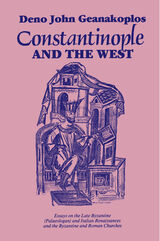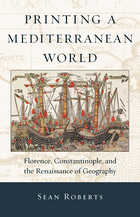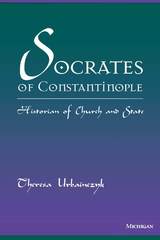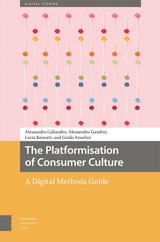
At the age of twenty-two, Andronicus II became sole ruler of Byzantium. His father, Michael VIII, had been a dashing figure--a good soldier, brilliant diplomat, and the liberator of Constantinople from its fifty-seven-year Latin occupation. By contrast Andronicus seemed colorless and ineffectual. His problems were immense--partly as a result of his father's policies--and his reign proved to be a series of frustrations and disasters.
For forty-six years he fought to preserve the empire against constantencroachments. When he was finally deposed in 1328 by his grandson and co-emperor, Andronicus III, almost all of Asia Minor had been lost to the Turks, Westerners had taken over the defense of the Aegean, and the Catalan army he had invited to help him fight the Turks remained to fight the emperor.
In this penetrating account of Andronicus' foreign policy, Angeliki E. Laiou focuses on Byzantium's relations with the Latin West, the far-reaching domestic implications of the hostility of western Europe, and the critical decision that faced Andronicus: whether to follow his father's lead and allow Byzantium to become a European state or to keep it an Eastern, orthodox power.
The author, who argues that foreign policy cannot be understood without examining the domestic factors that influence, indeed create, it, devotes a large part of her study to domestic developments in Byzantium during Andronicus' reign-the decline of the power of the central government; the spread of semi-independent regional authorities; the state of finances, of the army, of the church.
She concludes that, contrary to common opinion, Andronicus II sincerely desired the union of the Greek and Latin churches, when, in the last years of his reign, he realized that the political situation made such a union necessary. Maintaining also that the conquest of Asia Minor by the Turks was not a foregone conclusion when Andronicus II came to the throne, she discusses at length the errors of policy and the manifold circumstances which combined to precipitate that loss.



In 1482, the Florentine humanist and statesman Francesco Berlinghieri produced the Geographia, a book of over one hundred folio leaves describing the world in Italian verse, inspired by the ancient Greek geography of Ptolemy. The poem, divided into seven books (one for each day of the week the author “travels” the known world), is interleaved with lavishly engraved maps to accompany readers on this journey.
Sean Roberts demonstrates that the Geographia represents the moment of transition between printing and manuscript culture, while forming a critical base for the rise of modern cartography. Simultaneously, the use of the Geographia as a diplomatic gift from Florence to the Ottoman Empire tells another story. This exchange expands our understanding of Mediterranean politics, European perceptions of the Ottomans, and Ottoman interest in mapping and print. The envoy to the Sultan represented the aspirations of the Florentine state, which chose not to bestow some other highly valued good, such as the city’s renowned textiles, but instead the best example of what Florentine visual, material, and intellectual culture had to offer.


The church history written by Socrates of Constantinople is one of the most important sources, Eastern or Western, pagan or Christian, for these complex centuries. Socrates of Constantinople: Historian of Church and State is the first detailed study of Socrates' history--it describes the historical situation in which he wrote his work, and it pulls together all the personal information available about the author. The volume then examines Socrates' own work: how it was composed, which sources were used and how, and it looks at the relationship between Socrates' work and other church histories. It goes on to consider Socrates' attitudes towards bishops, emperors, and their enemies.
Socrates is sometimes dismissed by modern scholars for being a poor ecclesiastical historiographer. However, Theresa Urbainczyk carefully demonstrates Socrates' theory of causation, which affected the way he wrote his history, and she argues that he introduced secular material deliberately. In his view arguments and division in the church caused trouble in the state. In other words, when church leaders quibbled over theology, they endangered the state. It was therefore their duty, for the sake of church and state, to unite--under the emperor. This study not only calls on scholars to reexamine Socrates of Constantinople but makes the wider arguments that the ancients were far less concerned with genre than are modern scholars, and that ecclesiastical history is a continuation of, not a deviation from, political history.
Socrates of Constantinople: Historian of Church and State will be of interest to students and scholars interested in late Roman and early Christian history, theology, and historiography. Anyone studying late antiquity will find an examination of Socrates' attitudes essential.
Theresa Urbainczyk is College Lecturer in the Department of Classics, University College, Dublin.
READERS
Browse our collection.
PUBLISHERS
See BiblioVault's publisher services.
STUDENT SERVICES
Files for college accessibility offices.
UChicago Accessibility Resources
home | accessibility | search | about | contact us
BiblioVault ® 2001 - 2024
The University of Chicago Press









